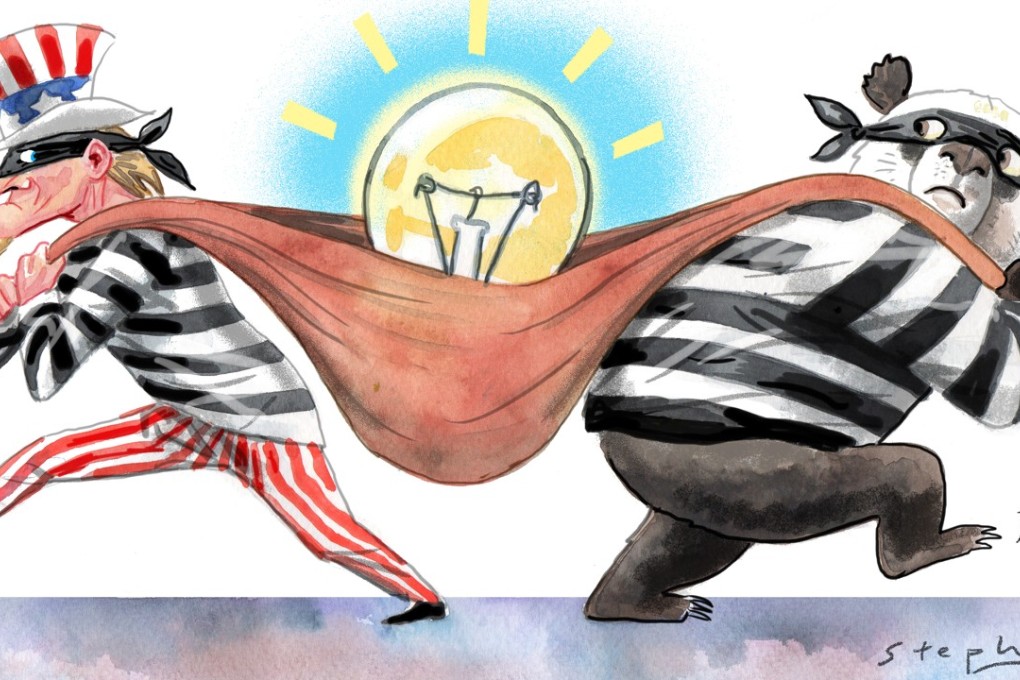Advertisement
China will become a dangerous competitor in science and technology if the US treats it like one
Chi Wang says if the US sees Chinese graduate students as a threat to its scientific and technological knowledge, and seeks to lock them out, Beijing will react by blocking opportunities for collaboration and ultimately leave the US behind
Reading Time:4 minutes
Why you can trust SCMP

A US Senate subcommittee hearing this month, originally titled “A Thousand Talents: China’s Campaign to Infiltrate and Exploit US Academia”, refused for the first time in two decades a committee member’s request to testify. Later changed to “Student Visa Integrity: Protecting Educational Opportunity and National Security”, the hearing served as a clear attempt to paint all Chinese students and scholars in the United States as potential spies.
Ranking member Senator Richard Durbin invited Representative Judy Chu, chair of the Congressional Asian Pacific American Caucus, to testify on behalf of the Chinese-American community. Because the request was declined, she had no choice but to submit written testimony instead.
That an elected US government official whose work and qualifications clearly align with the hearing’s proposals was declined an invitation to testify raises more than a few questions. Based on the context and discussions that took place at the hearing, I have to wonder if Chu’s own background is the reason she was denied in-person testimony.
Advertisement
In recent years, the US has seen a rise of vague, sweeping claims about “intellectual property theft” directed at people of Chinese descent. Chinese students and Chinese-Americans, like scientist Sherry Chen, have been disproportionately profiled in espionage cases. This subcommittee hearing appears to have been another excuse to target people of Chinese descent, despite little evidence of so-called “espionage”.
The Associated Press reported this month that the Donald Trump administration already plans to limit Chinese graduate students to one-year visas instead of the usual five years, due to concerns about “intellectual property theft”. In February, FBI director Christopher Wray declared the “threat” from Chinese students requires a “whole of society response”.
Advertisement
Alongside the rising rate of espionage cases against Chinese-Americans, this shows signs of repeating a dark and little-acknowledged time in American history of anti-Asian racism: the Chinese Exclusion Act, Japanese internment camps and the “Red Scare” among them. I witnessed the era of McCarthyism, and though we are not repeating it just yet, there are some warning signs that we should not ignore.
Advertisement
Select Voice
Choose your listening speed
Get through articles 2x faster
1.25x
250 WPM
Slow
Average
Fast
1.25x